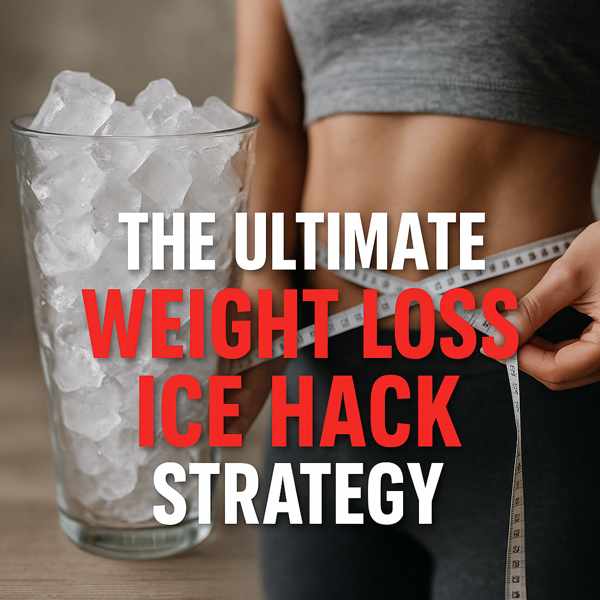How Cold Exposure May Support Weight Loss
How Cold Exposure May Support Weight Loss
Blog Article

This trending method claims to trigger weight loss using cold exposure, often in the form of ice.
Let’s uncover the truth behind the ice hack for weight loss.
Decoding the Weight Loss Ice Hack
The "ice hack" usually refers to practices like sucking on ice cubes to stimulate calorie burning.
Supporters claim that:
- Your body burns energy to warm up
- Drinking icy water may curb appetite
- Which can burn stored fat
- Some believe in spot-reduction effects
The Science Behind the Ice Hack
While the idea seems promising, the actual calorie burn from cold exposure is relatively small.
Scientific observations include:
- But it requires consistent exposure
- Ice water can promote satiety and hydration
- Though not directly tied to weight loss
Popular Variations of the Ice Hack
You might encounter:
- Ice water detox routines
- Targets areas with higher brown fat concentration
- Common among emotional eaters
- Freezing herbal drinks or supplements
Each version offers a different approach, but none replace a proper weight loss program.
Pros and Cons of the Ice Hack Method
Pros:
- Requires little to no equipment
- Encourages hydration
- May reduce cravings
Cons:
- Minimal calorie-burning effect
- Cold isn’t tolerated well by everyone
- Can distract from real lifestyle changes
Who Is the Ice Hack For?
It may be suitable for:
- People who enjoy health experiments
- Those already working on diet and fitness
- Anyone needing a low-effort nudge
If you’re expecting dramatic results from this hack alone, you may be disappointed.
Combining the Hack with Healthy Habits
For safe and effective use:
- more info May reduce food intake naturally
- Ensure you stay in a deficit
- Burn more calories and build lean mass
- Avoid extreme cold or discomfort
It’s most effective when part of a broader plan.
Conclusion
The weight loss ice hack might offer a little extra support, but it’s no substitute for real effort.
Consider the ice hack a supplement to—not a replacement for—real work. Report this page